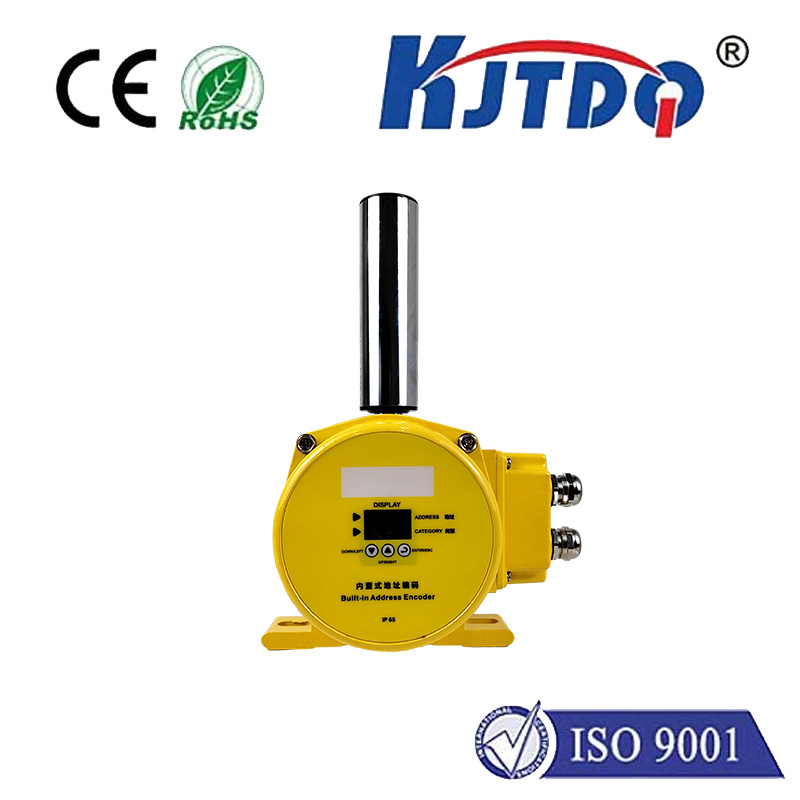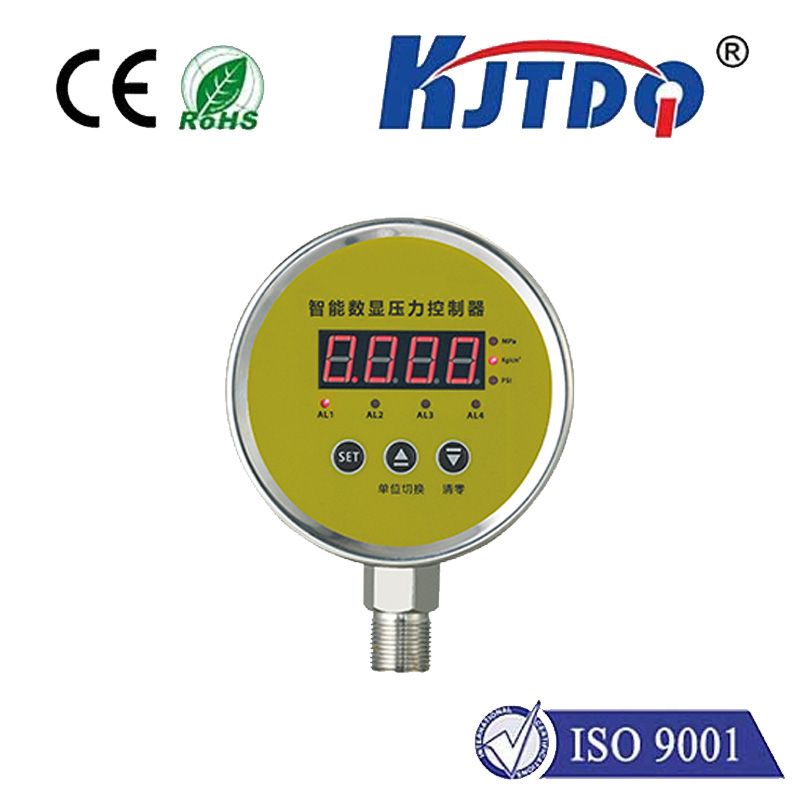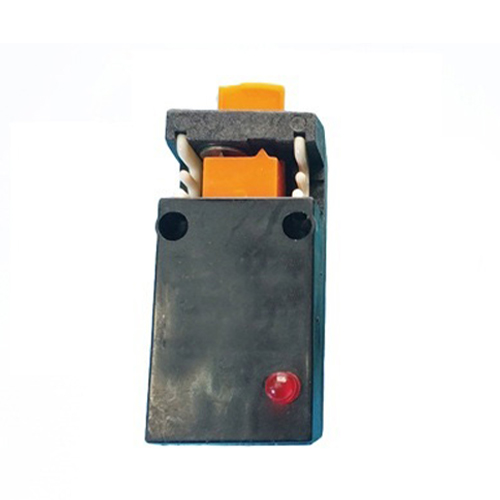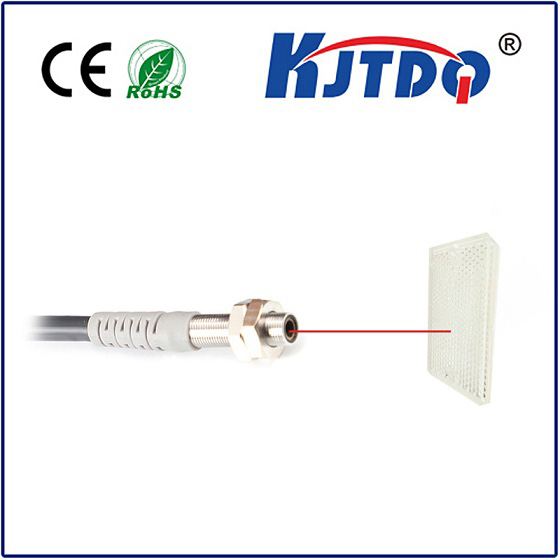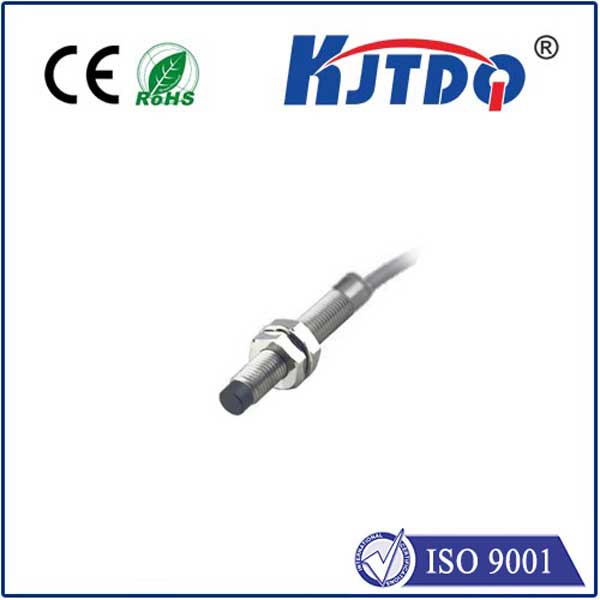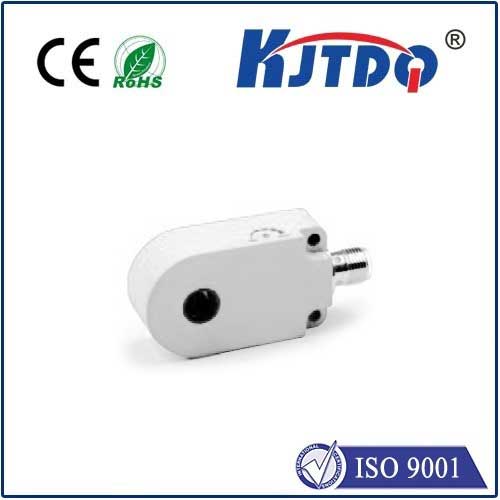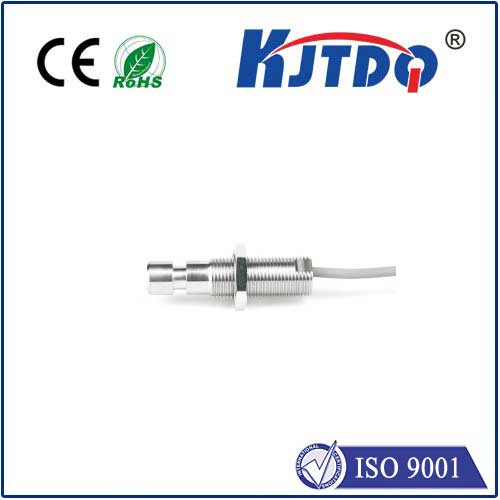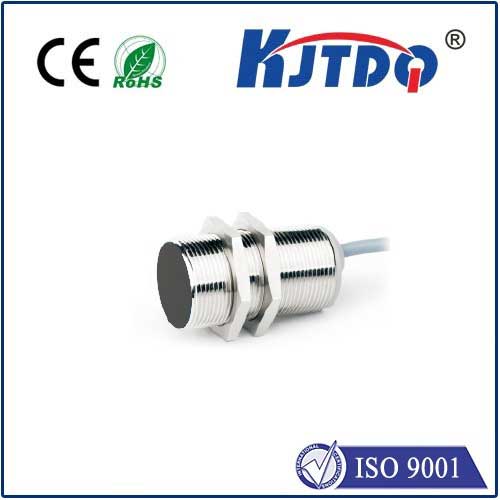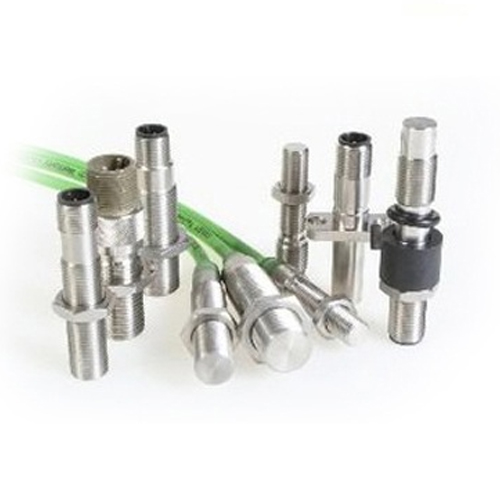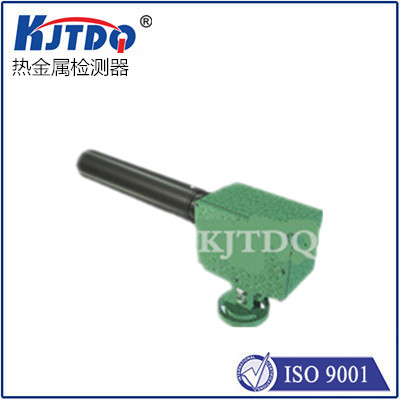

check

check

check

check

check

check

check

check

check

check

Title: The Importance of Temperature Sensor Measurement in Modern Technology In today’s fast-paced world, technology plays a crucial role in our daily lives. From smartphones to smart homes, we rely heavily on various devices to make our lives easier and more efficient. One such technology that has revolutionized the way we interact with the environment is the temperature sensor measurement. This article will explore the importance of temperature sensor measurement in modern technology and its applications in various industries. A temperature sensor is a device that measures the temperature of a substance or environment. It converts the temperature into a signal that can be read by a computer or other electronic devices. Temperature sensors are used in a wide range of applications, including weather forecasting, healthcare, automotive, and consumer electronics. One of the most significant advantages of temperature sensor measurement is its ability to improve energy efficiency. By accurately measuring the temperature of a system, engineers can optimize the performance of heating, ventilation, and air conditioning (HVAC) systems, resulting in energy savings and reduced operating costs. Additionally, temperature sensors are essential in the development of renewable energy sources, such as solar panels and wind turbines, where precise temperature control is critical for optimal performance. In the healthcare industry, temperature sensor measurements play a vital role in patient monitoring and diagnosis. For example, infrared thermometers are commonly used to measure body temperature without contact, providing a quick and reliable method for detecting fever. Moreover, temperature sensors are employed in medical imaging techniques, such as magnetic resonance imaging (MRI), to monitor the temperature of tissues during treatment procedures. The automotive industry also benefits from temperature sensor measurements in various ways. For instance, engine temperature sensors help regulate the engine’s operating temperature, ensuring optimal performance and fuel efficiency. Similarly, cabin temperature sensors provide drivers with real-time information on the ambient temperature inside the vehicle, allowing them to adjust the climate control system accordingly. In consumer electronics, temperature sensors are used in various devices, such as laptops, smartphones, and gaming consoles, to monitor and regulate their operating temperatures. This helps prevent overheating and extends the lifespan of these devices. Additionally, temperature sensors are incorporated into wearable technology, such as fitness trackers and smartwatches, to monitor users’ body temperatures and provide valuable health insights. In conclusion, temperature sensor measurement has become an integral part of modern technology, with applications spanning across various industries. Its ability to improve energy efficiency, enhance healthcare diagnostics, ensure optimal automotive performance, and extend the lifespan of consumer electronics highlights its significance in our daily lives. As technology continues to advance, we can expect temperature sensor measurements to play an even more critical role in shaping the future of various industries.
